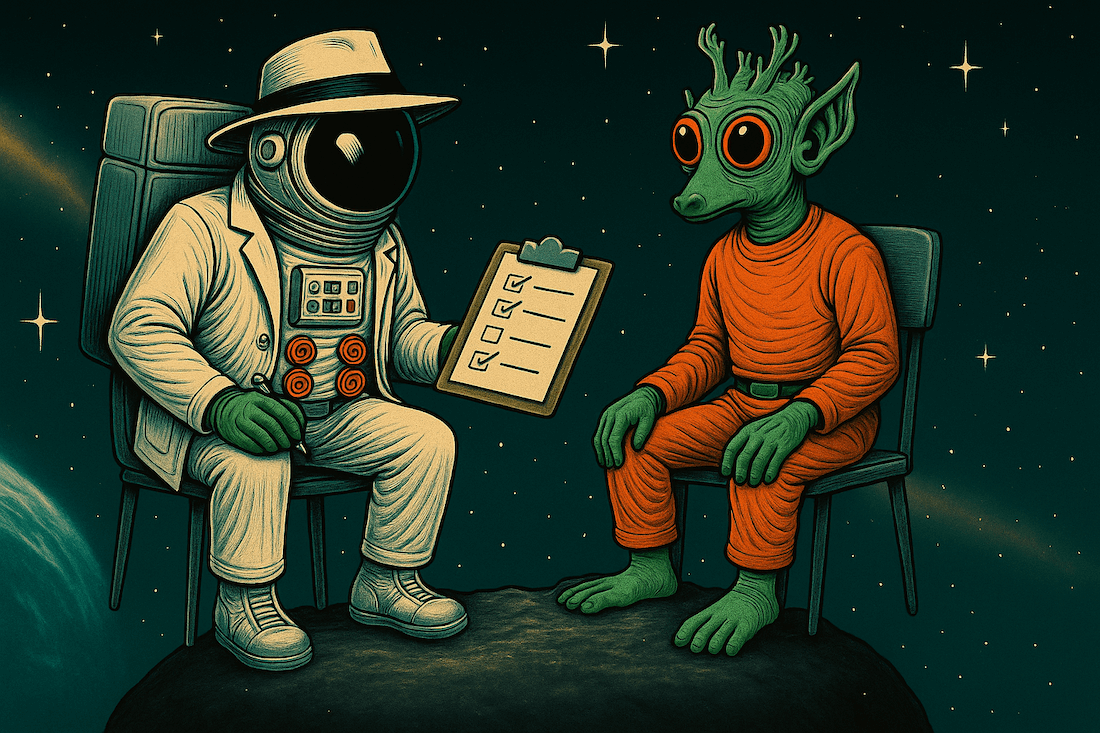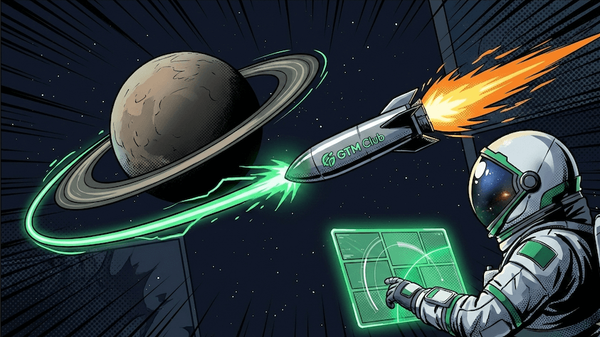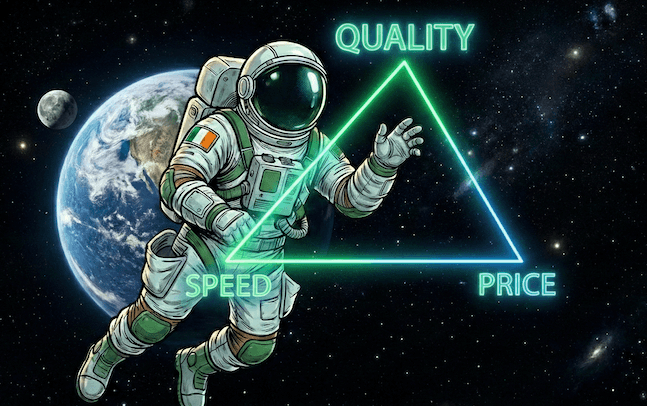When Have You Asked Enough Discovery Questions?
When conducting discovery, knowing when you've asked enough questions isn't about hitting a magic number. It's about achieving a deep enough understanding to guide your prospect through the buying journey and decision-making process.

Understanding your prospect's challenges and goals is fundamental to effective sales discovery. The quality of your discovery conversations has a direct impact on your entire sales process. Think of discovery like a doctor’s diagnosis—treatment without proper diagnosis is just guessing. Similarly, in sales, offering solutions without fully understanding the prospect’s situation leads to superficial proposals and lost deals.
Discovery is essential because it empowers you to qualify leads more accurately, tailor your solutions precisely, and position yourself as a trusted advisor rather than a vendor. Good discovery also allows you to quantify value clearly, anticipate objections proactively, and ensure your sales process aligns smoothly with your buyer’s journey. Each of these outcomes significantly increases your likelihood of closing successful deals.
On the other hand, rushing straight into demos or sales pitches without sufficient discovery or qualification is a common yet costly mistake. Slowing down and investing time in thoughtful questions early on ensures you gather the insights needed for effective selling, ultimately paying dividends throughout the sales cycle.
How Many Discovery Questions Are Enough?
Determining when you've asked enough questions isn't about reaching a preset number; it's about understanding when you've gathered enough information. It's about achieving a deep enough understanding to meet the core objectives of discovery.
Determining when you've asked enough questions isn't about reaching a set number.
Research from Gong suggests that an optimal range is approximately 11-14 questions per call, serving as a helpful benchmark. Asking significantly more can turn discovery into an interrogation, causing your prospect to disengage. Asking too few can leave crucial gaps in your understanding, hindering practical qualification and solution tailoring.
However, what truly matters is the quality and depth of your questions, your ability to actively listen, and how effectively you can ask meaningful follow-up questions. Open-ended questions that encourage detailed responses are crucial for revealing underlying motivations, pain points, and business context. However, remember that even great questions won’t help if the prospect isn’t receptive. If they’re withholding information, no number of questions will provide complete clarity. When dealing with unresponsive prospects, follow Charles Muhlbauer's advice below.
Quality Beats Quantity in Discovery
More important than the exact number is the quality of your questions and the skilful execution of your discovery approach. High-quality open-ended questions prompt your prospects to open up and provide insights. The goal is not simply to gather data, but to gain a deep understanding.
The goal is not simply to gather data, but to gain a deep understanding.
Answering the question about when discovery is done is easy. It's never done. Answering the question, when it is done enough to move forward, is difficult. It is not possible to provide clear-cut universal advice on when discovery is "fully done". Fortunately, we can provide some guidelines on how to evaluate the progress made.
✅ Know if You Can Help Them: You know if the prospect aligns well with your solution, and you can qualify the opportunity at hand.
✅ Tailor Your Solution Precisely: You understand your prospect’s pain points and objectives so thoroughly that your solution and demos are customised, compelling, and relevant.
✅ Demonstrate Concrete Value: You can translate their general frustrations into clear, quantifiable business impacts such as cost reductions, improved efficiencies, or increased revenue.
✅ Ensure the Prospect Feels Heard: Through thoughtful questions and attentive listening, you’ve shown your genuine intention to help them rather than merely close any deal.
✅ Guide Next Steps: Your insights align the sales process closely with the prospect’s buying journey, making your next steps clear and compelling.
Discovery Is Never Done
Disco never dies. Discovery never stops. Discovery isn't merely a one-time stage in the sales process.
Discovery is an ongoing dialogue that continues throughout the entire sales process.
Top-performing sales reps understand that discovery is an ongoing dialogue that continues throughout the entire sales process. They stay attuned to changes in the prospect's situation, identify new stakeholders or requirements, and ensure their solution remains perfectly aligned with the buyer's needs throughout the journey. Even during demos, pricing discussions, and negotiations, the best reps maintain a discovery mindset, continuously asking insightful questions to deepen their understanding and uncover new insights.
To recap, knowing when you've asked enough questions isn't about reaching a numerical target. When you can map your prospect's situation, quantify their pains and gains, and tailor your solution precisely, you’ve earned the right to advance toward a meaningful presentation or demo. After the correct number of questions, you have the confidence to move the deal forward.
And then, you keep asking even deeper questions.




